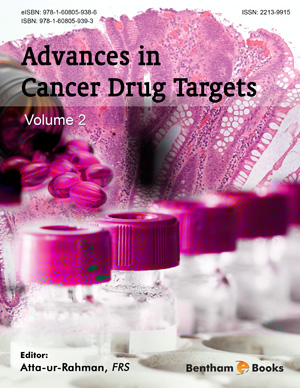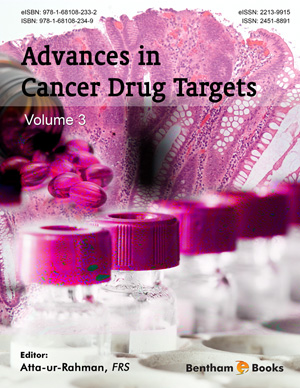Abstract
The need for novel antidepressants is growing with the rate of depression diagnoses. Until recently, systems level analyses of brain physiology have been largely unavailable or outcomes have been overgeneralized to large subsets of neurons in depression. Optogenetics, promoting the use of genetic tools to control light-activated proteins in cells, provides neuroscientists with the ability to specifically control distinct circuits and cell subtypes in order to determine their roles in depression symptomology. This technique affords control at the systems, cellular, and molecular levels. Defining the sub-circuits, mediating depression symptomology through optogenetic studies, can provide information on the brain circuits and cell subtypes to potentially target with electrical and pharmacological therapeutics and treat depression symptoms.
Keywords: Acetylcholine, Depression, Dopamine, Epigenetics, Gene Expression, Glutamate, G-Protein Coupled Receptors, Neural Inhibition, Neural Stimulation, Opsins, Optogenetics, Optopharmacology, Stress Models.






















